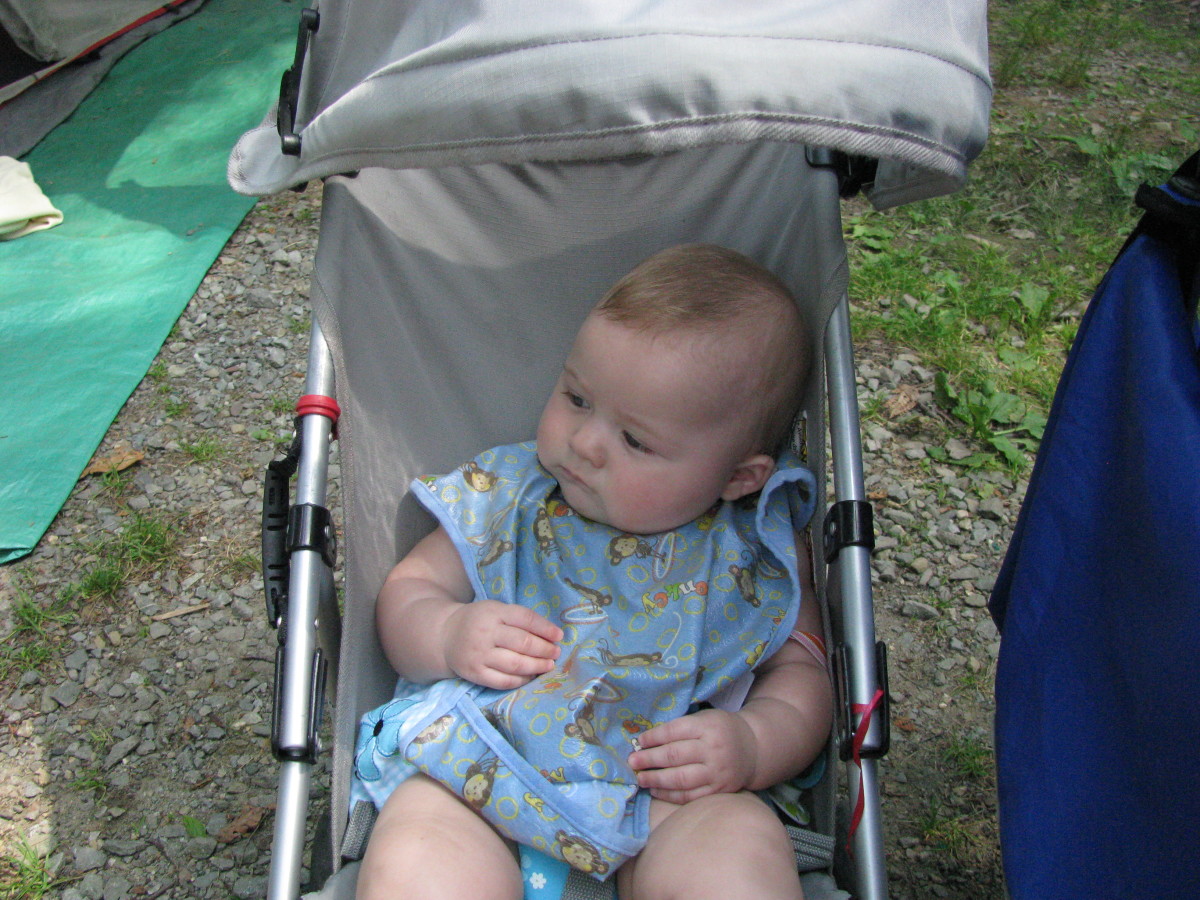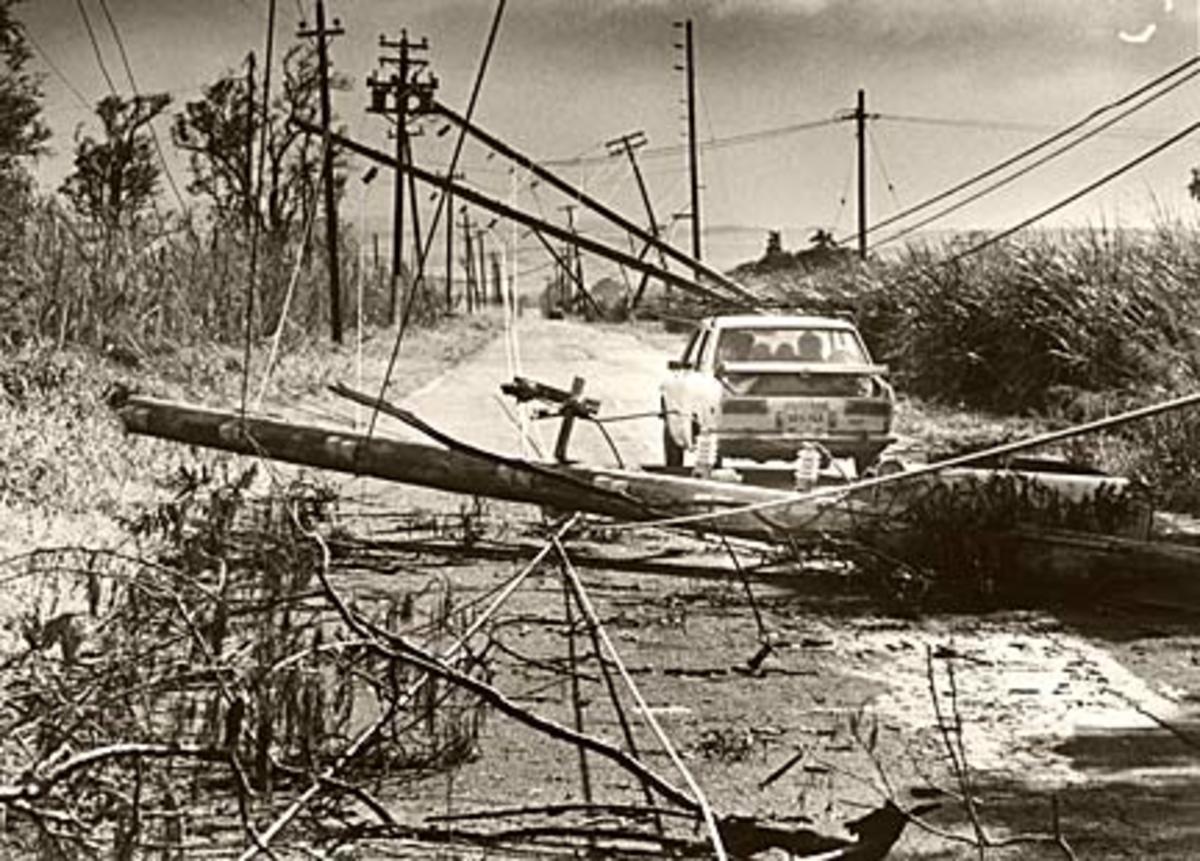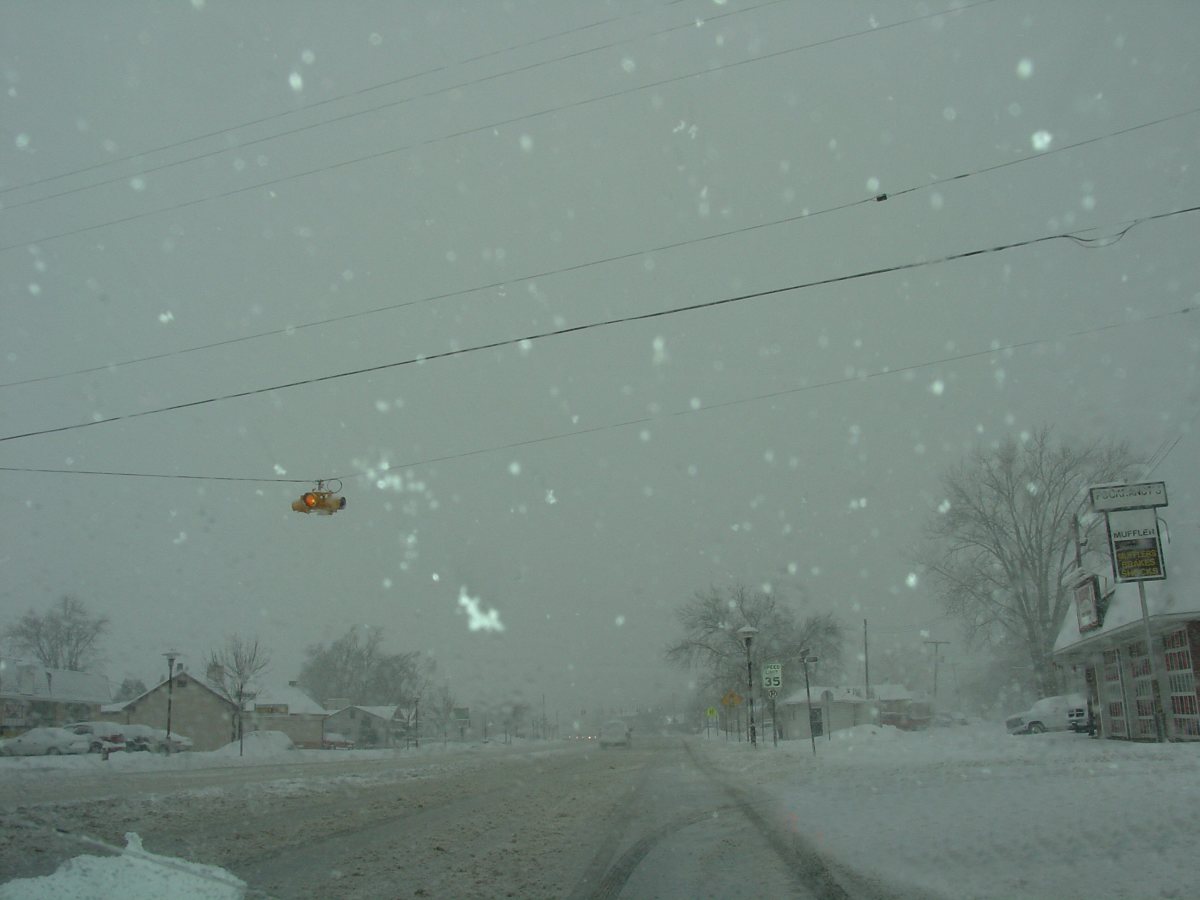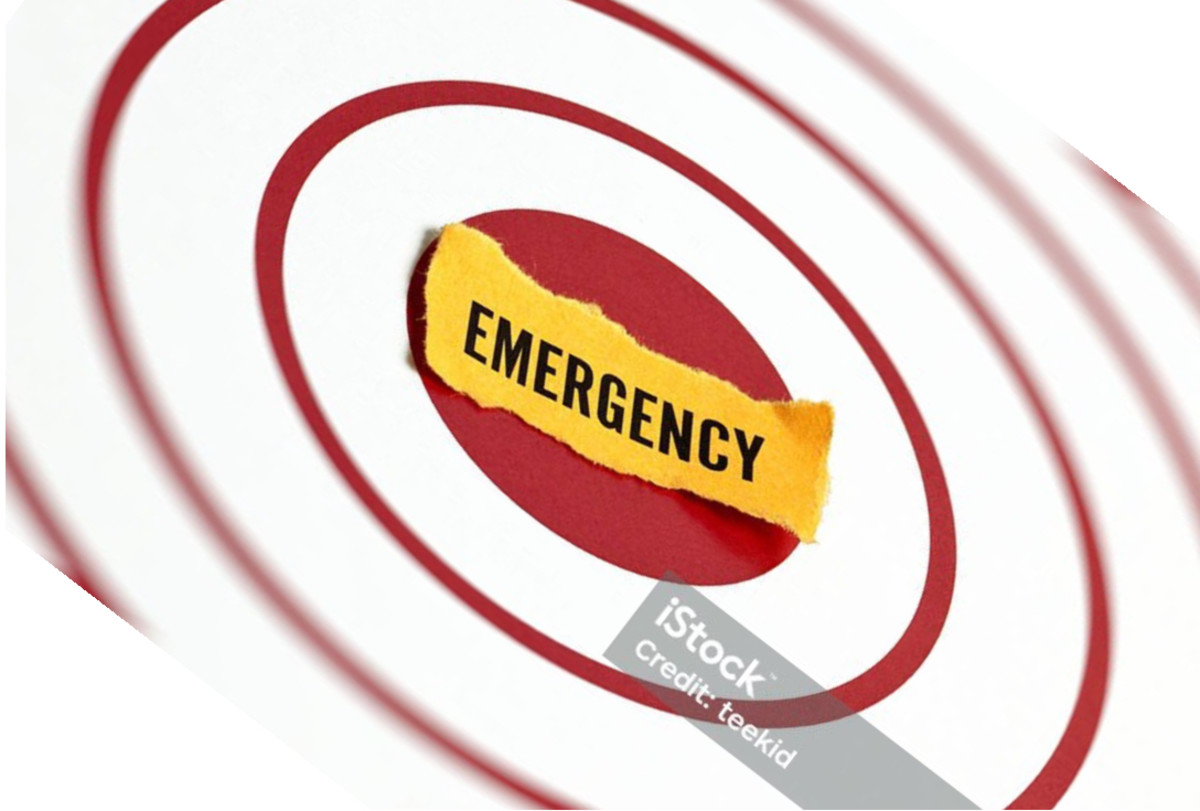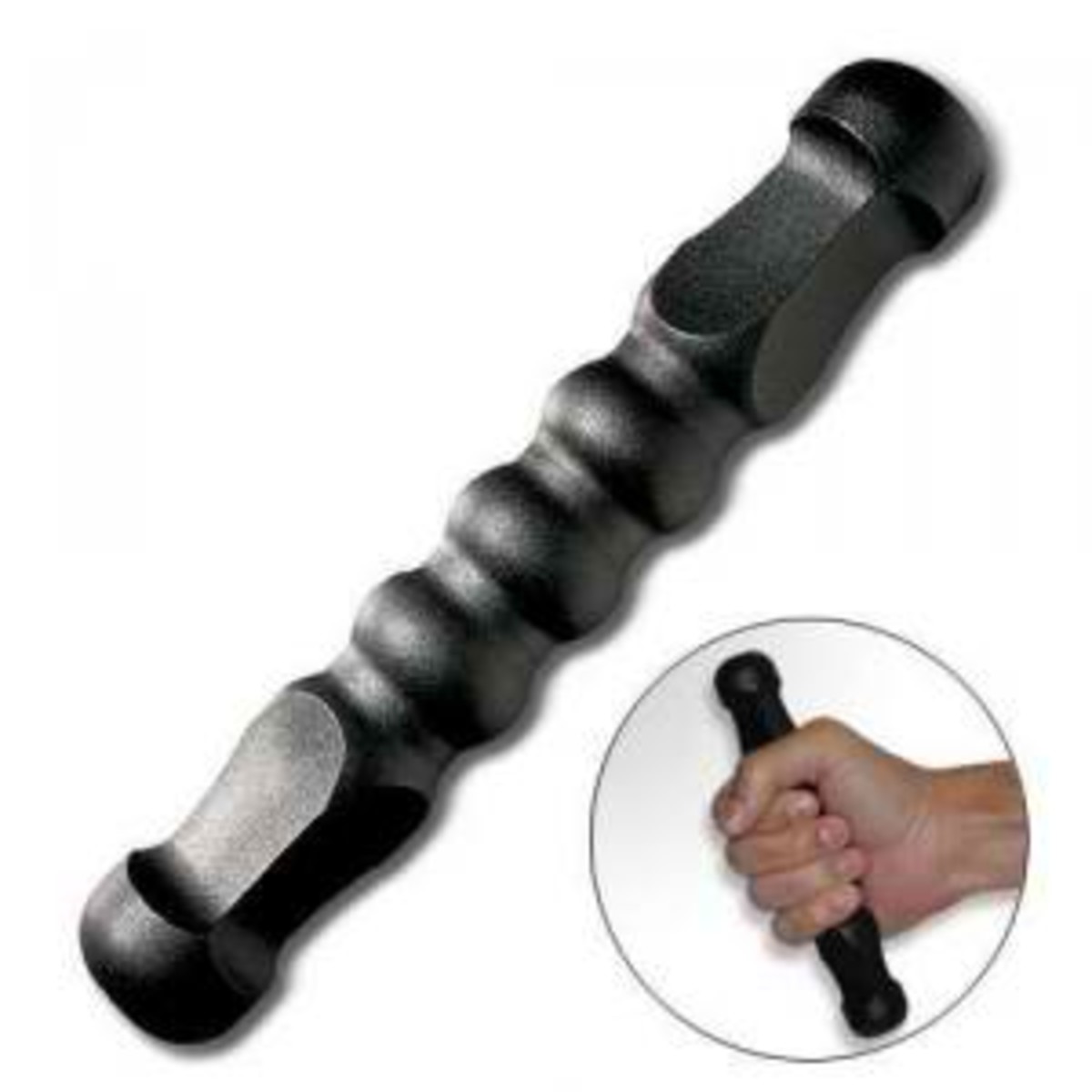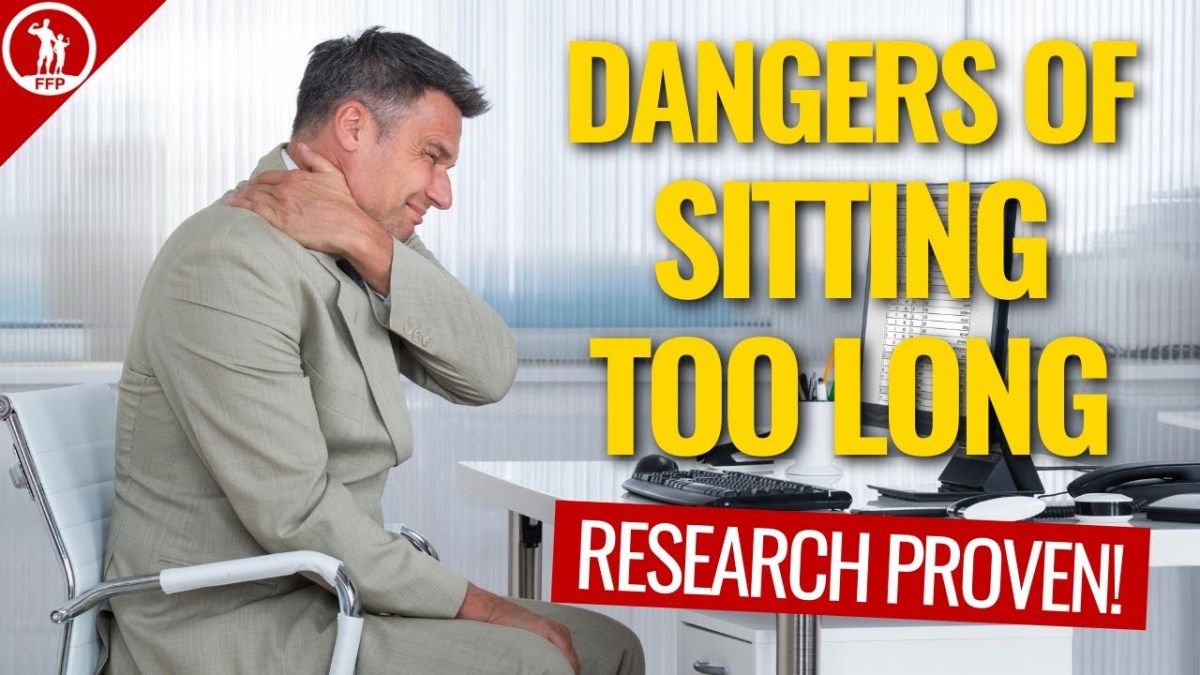Emergency Preparedness at Home
Who hasn't been affected in some way with the terrible tornadoes that struck such devastation in the Southern United States. Believe it or not, there are some ways you can be somewhat prepared for horrible disasters such as these.
Safety first - prepare for a home emergency. I am nothing if not a planner and list-maker. I plan everything I can in advance so that I'm at least relatively prepared if the unexpected happens. Hopefully nothing unexpected will happen - but it's good to know in advance what you will do.
1. Are you prepared if there is a fire in your home? This is something terrible to think about but it doesn't always happen to someone else. As a family, make a plan. If you have older children, involve them by having them draw out an evacuation route through your house, then practice it. Plan a meeting place for everyone after they leave the home during a fire - maybe your neighbor's mailbox down the street. Teach everyone to get down on the floor and feel the door. If it's hot, don't open it. Have smoke detectors (that work) in all areas of the house, particularly the kitchen and all bedrooms. Change the batteries at least twice a year and test smoke detectors monthly. Keep a fire extinguisher by the fireplace and the kitchen stove. Know how to use one.
2. What if the power goes out? Keep a flashlight (and extra batteries) in several locations throughout the house, just in case. Using candles may lead to a fire. Save the power company's number in your home or cell phone so that reporting the outage is easier. If there will be a lengthy outage, you may want to have a pre-assembled "kit" handy with bottled water, canned goods, a manual can opener, etc. Use surge protectors on computers and TVs. If you have a power generator, be sure that it is used outdoors only, away from doors and windows of the home. Follow manufacturer's guidelines explicitly. Have items handy to keep everyone busy in the event of a longer outage, like books, puzzles, cards and board games.
3. Have a stocked first aid kit in the home (in the car is a good idea, too). You can buy pre-packaged ones at many retail stores or you can make your own. Some important items that should be included are: bandages of assorted sizes, antibacterial ointment, hydrocortisone cream, syrup of ipecac, pain relievers, antihistimines, gloves, a small book about administering first aid and a thermometer. Usually everyone has these type items in the house somewhere but it's a good idea to have everything all in one place where each member of the household knows where it is located.
4. Post a list of emergency phone numbers in a central location - like the refrigerator. Include the numbers of poison control (particularly if you have young children), doctors, dentists, gas company, power company, hospital, ambulance, close neighbors, insurance companies (including policy numbers) and pharmacy. These would be especially helpful for a babysitter in the event of an emergency.
5. Depending on where you live, have an evacuation kit handy. If you must leave your home due to a disaster like an impending tornado, flood, hurricane, broken gas main or other calamity and have to go to a shelter, there are certain things you may need. Consider items such as bottled water, non-perishable food, disposable plates, plastic utensils, plastic storage bags and garbage bags, flashlight and portable TV and/or radio with extra batteries, personal care supplies, clothing, copies of important papers, cash and change, special needs items, diapers, blankets, medication, baby formula, etc. in a large plastic bin with a lid. Also, most shelters do not permit pets (except service animals) so plan what to do if you must leave your pet(s) behind.
6. Protect important documents. For many people, a safe deposit box at your local bank is the best place to store important papers like birth certificates, social security cards, wills, deeds, passports, stock certificates, etc. Others feel safer with these papers close at hand. If you keep these papers at home, purchase a fire-safe box(es) in which to store them. Prices and styles vary widely.
7. A portable weather radio or radio with a weather band is very beneficial in many emergency situations. NOAA (National Oceanic and Atmospheric Administration) weather and national emergency information is updated constantly. If your area is under a special alert, bulletins are announced and a siren sounds. Weather alerts could mean the difference between life and death in the event of a pending tornado or other disaster.
When you have safety first and prepare for a home emergency, a specific plan is in place. Dealing with an emergency is just a little easier to navigate.

